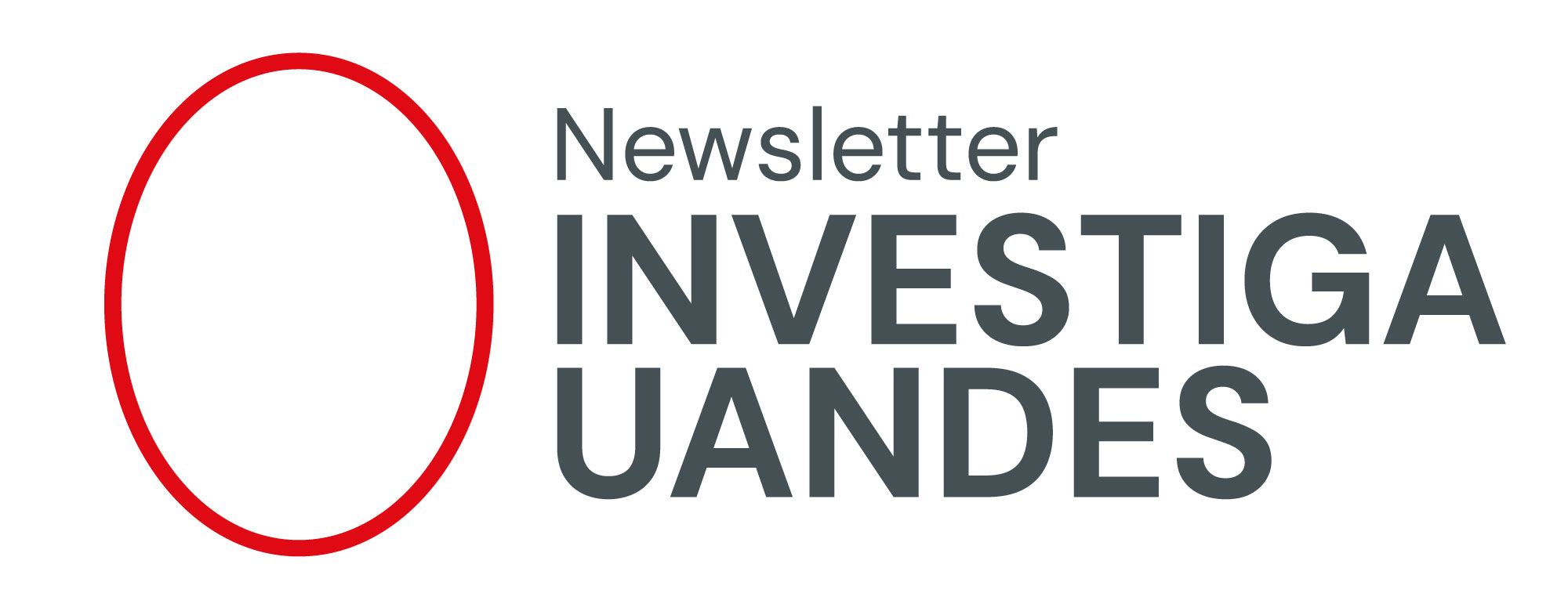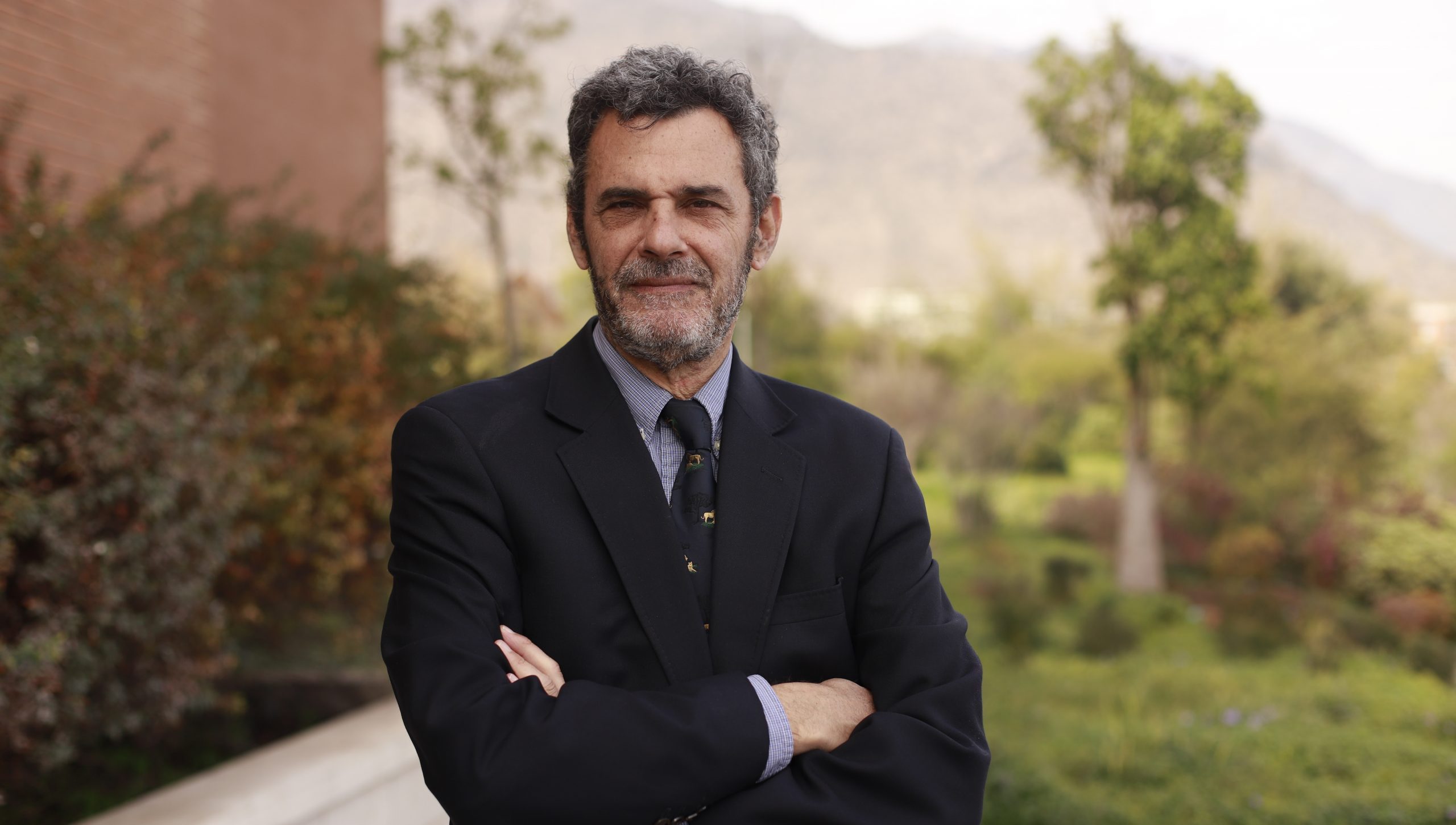The study, presented to ANID and led by Pedro Anguita, professor at the School of Communication of Universidad de los Andes, will be presented in July 2025 at an international congress in Singapore.
In a global scenario marked by the growing circulation of disinformation, manipulation campaigns and misleading content, electoral disinformation has become a phenomenon of priority interest for researchers around the world. In this context, Pedro Anguita, an academic from the School of Communication of Universidad de los Andes, is leading a research project that seeks to analyze the patterns of disinformation that circulated during the Chilean municipal and regional elections of October 27, 2024.
The project, entitled "Analysis of misinformation in the October 27, 2024 gubernatorial and mayoral general elections,"was one of those awarded in the 16th Competition of the Fund for Studies on Pluralism in the National Information System,organized by the National Agency for Research and Development, ANID.
The team also includes academic María José Labrador Blanesfrom Universidad del Desarrollo, and features the collaboration of Mala Espina Check, a media specialized in data verification and a member of the International Fact-Checking Network, who will be in charge of identifying the contents to be analyzed.
Disinformation as an object of academic study
Unlike other more topical approaches, this research addresses disinformation as a structural phenomenon that impacts democratic systems, information pluralism, and the quality of public debate. Professor Anguita explained that one of the main objectives of the study is to identify the characteristics of the disinformation disseminated during the electoral process, to understand its narratives, and to measure the scope of the exposed population.
The methodology used is based on the Foreign Information Manipulation and Interference (FIMI)analytical framework, developed by the European External Action Service. This approach, originally designed to study information manipulation operations in Europe, has been adapted by researchers to the Chilean political and communicational context.
"Using the FIMI methodology allows us to classify different types of disinformation, establish patterns, and recognize possible political or strategic purposes behind misleading content," said Anguita.
International Scope of the Study
The findings of this research will be presented in July 2025 at the Congress of the International Association for Media and Communication Research, IAMCR, to be held in Singapore. This meeting is one of the main global academic spaces for reflection on contemporary challenges in communication, media, and digital culture.
The presentation at IAMCR not only represents an opportunity to share the findings of the study, but also to position Chilean research in the international debate on the fight against disinformation and the need for solid analytical frameworks to understand its mechanisms.
"Only through rigorous research and interdisciplinary collaborations will we be able to understand in depth how disinformation flows operate in our information systems and what impact they have on citizens," concluded Professor Anguita.

